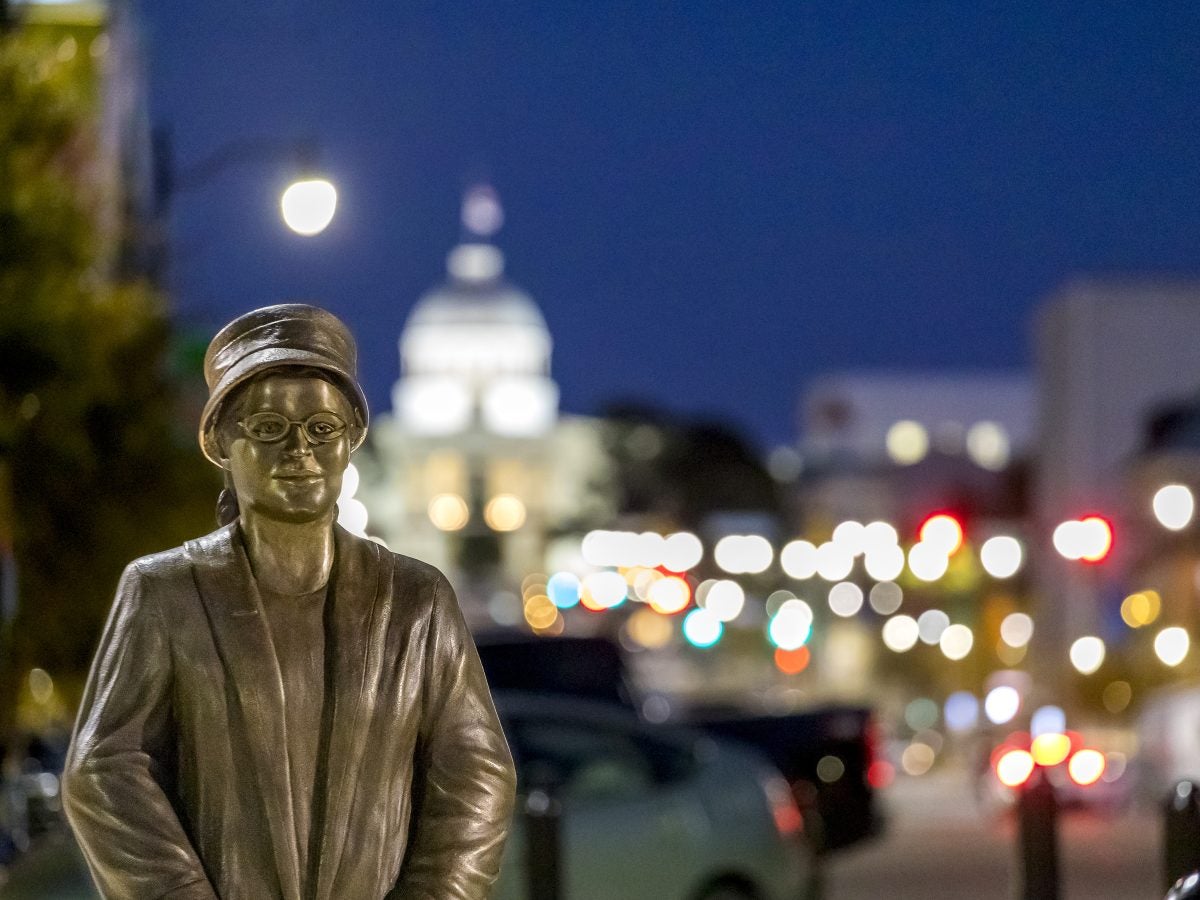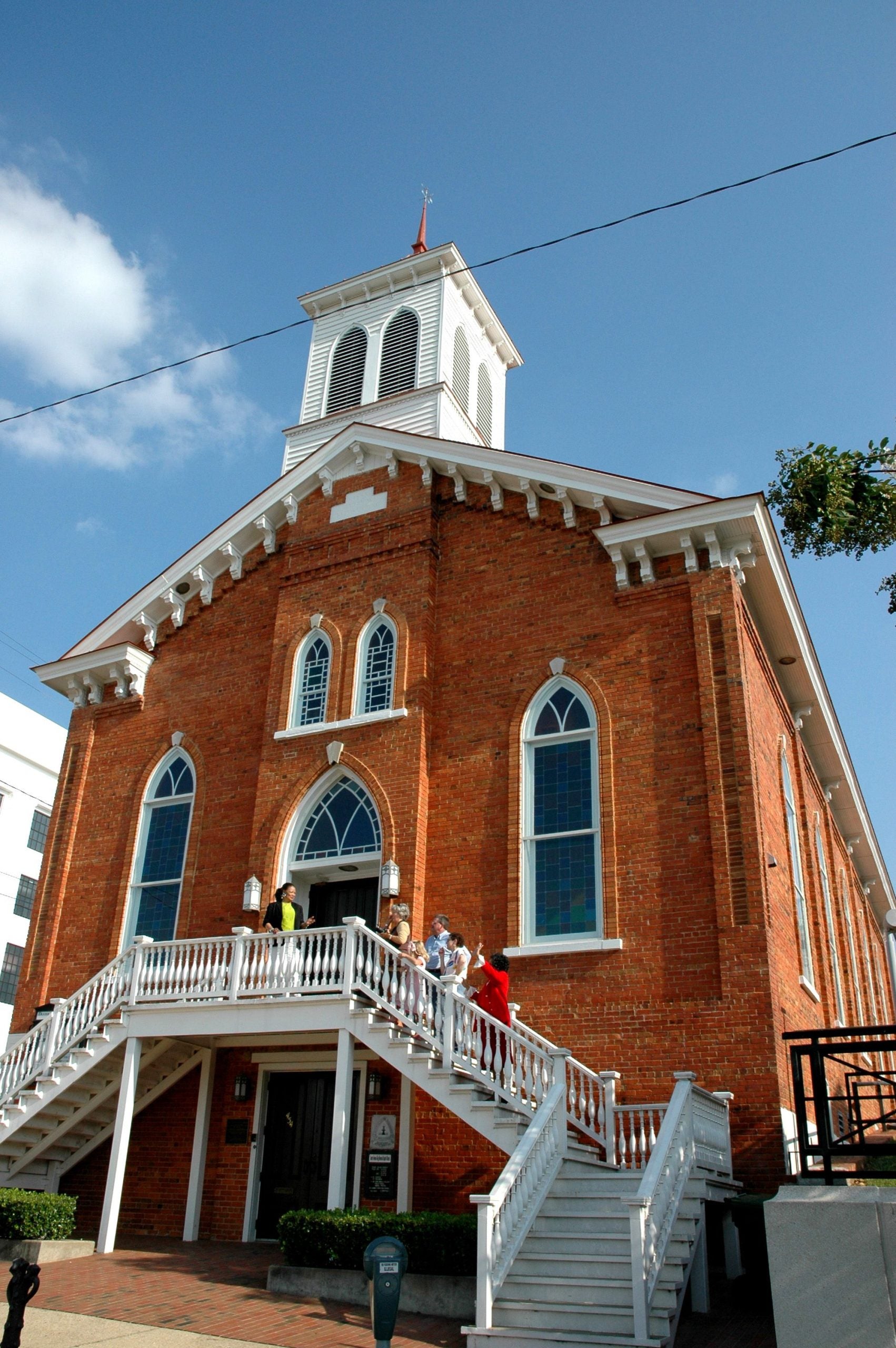
If you’ve been online at all this weekend, there’s a a strong likelihood that you’ve heard about the Montgomery, Alabama riverboat brawl. More on the melee caused when a group of white boaters tried to attack a Black male employee of Riverfront Park here. (Riverfront Park is a popular locale in the city that has an amphitheater, park, stadium and of course, a riverboat — the popular Harriott II Riverboat to be specific.)
The fact that this unfortunate situation (albeit a united one) happened in a place that has a deep history in regard to slave trading and the civil rights movement is significant. But brawl aside, Montgomery has become a place where the history of Black people’s fight for freedom is heavily commemorated, and where Black entrepreneurs are successfully making their mark. With the capital in the news and gone viral, we thought we’d let you in on some places to see should you ever end up there, all owned by or honoring Black folks.
Martha’s Place Buffet and Catering
Touted as a “Montgomery staple” offering Southern cuisine at its best, Martha’s Place is owned by Martha Hawkins, a native of the capital city. Chow down on fried chicken, turkey and dressing, fried okra, banana pudding, coconut cake and whatever else your stomach desires — depending on what day you patronize the spot.
The Legacy Museum
Located not only blocks from what was once a known slave auction as well as on the site of where Black enslaved people were forced to perform labor, The Legacy Museum offers a look at the history of slavery and its outcome in the U.S. This includes tracing it from the Transatlantic Slave Trade all the way to the over-incarceration of Black people in the present using images, first-person accounts and more.
Plant Bae
There’s something for everyone in Montgomery, including some delicious, Black-owned vegan fare. Plant Bae offers everything from nachos and cauliflower wings to rice bowls, burgers and smoothies. It’s owned by Quebe Merritt, who after going vegan in 2018 following a wake-up call regarding her health, opened what is reportedly the city’s only fully vegan eatery.
House of Greek
For all the members of the Divine Nine out there, a recommended stop when in Montgomery is at the House of Greek. The spot, located on Mulberry Street, is known for its unique selection of Black Greek apparel and delightful customer service.

Dexter Avenue King Memorial Church and the Parsonage Museum
From 1954 to 1960, Martin Luther King, Jr. served as a pastor of the Dexter Avenue King Memorial Baptist Church. It was also an integral part of the Montgomery Bus Boycott of the civil rights movement. As for the Dexter Parsonage Museum, King and his family resided there. It still stands, despite being bombed on multiple occasions.
Rosa Parks Museum and Library
You can’t visit Montgomery without stopping by Montgomery Street where the Rosa Parks Museum is located. The active memorial honors the life and work of Parks, who in downtown Montgomery in 1955, refused to give up her seat on a crowded bus to appease a white passenger and was jailed as a consequence. That action, of course, was considered one of the events that helped set off the civil rights movement. The museum preserves all sorts of artifacts pertinent to her life and experience, including a city bus from 1955.
Get there asap though, as the space will be closed starting late November for technical renovations.
Brenda’s Bar-B-Q Pit
Around since 1942, Brenda’s Bar-B-Q is a historical site to Montgomery. It was a space where organizers of the civil rights movement frequented, as the former owner, the late Jereline Bethune, was an activist who taught Black folks who couldn’t read and write how to in her restaurant so they could vote. As for the food, get into some classic BBQ, including everything from pork ribs to pig ear, chicken and fish sandwiches, potato salad and more, topping it all off with a sweet tea.
Freedom Rides Museum
Located on South Court Street in Montgomery, the Freedom Rides Museum shines a spotlight on the work of volunteers who decided to make the brave decision to challenge segregated travel throughout the South. They did so by boarding buses and protesting in bus depots in states where it was decided to ignore Supreme Court decisions that banned segregated public buses. This museum is located in the building that was once the Montgomery Greyhound Bus Station, where Freedom Riders were attacked during a ride in 1961.